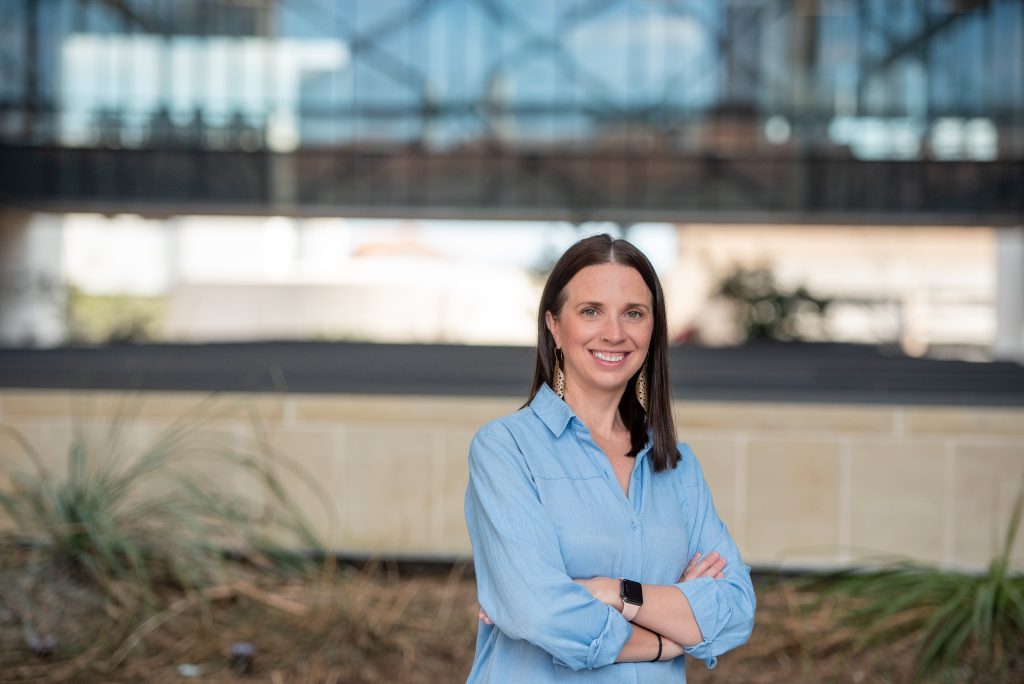Providing water services in rural Alaska is a complex endeavor. Intertwined environmental, economic, and social factors can create barriers to reliable water services in communities. For instance, melting permafrost can threaten the structural integrity of infrastructure, or a lack of trained workforce can lead to system neglect. The geographic isolation of these communities can lead to extreme challenges for construction spanning basic maintenance to capital projects. Thousands of homes in rural Alaska still today do not have in-home water services, with many communities experiencing a decline in the number of homes that have access to water. Those that are served often experience disruptions. Such gaps in service lead to extreme water conservation and water quality issues, causing health disparities in Native communities that have been historically disenfranchised.
In this talk we will explore water infrastructure and the service provided in the Yukon-Kuskokwim region of Alaska. This region includes 50+ villages widely dispersed across 75,000mi2, each with various climates and topographies that generate different water system needs and challenges. Water is delivered via three primary approaches: piped (houses connected to the water treatment plant via above-ground pipes), hauled (delivery services or self-filled by the end-user into an in-house holding tank), and traditional (collection of rain or nearby stream water). Besides being complex, water system challenges and needs in rural Alaska are often highly varied and localized. We will explore topics such as educating an unskilled workforce, lack of certified operators, and construction conditions in these tundra communities. We will discuss the role of climate change in delivering infrastructure in the arctic and what climate adaptation looks like in communities that are on the melting tundra with regards to water delivery.
Dr. Kasey M. Faust is an Associate Professor & John A. Focht Centennial Teaching Fellow in Civil Engineering in the Department of Civil, Architectural and Environmental Engineering at the University of Texas at Austin. Her research on sociotechnical projects (primarily water sector infrastructure) aims to improve access to basic necessities for underserved communities. The provision of water is threatened by aging and decaying water infrastructure systems, insufficient access, lack of funding for capital projects, workforce constraints, and exposure to frequent and severe hazards. To address these urgent challenges, she studies water infrastructure systems through a sociotechnical systems lens to improve the delivery of safe and reliable water services. Her work advances our understanding of resiliency and proposes novel physical, managerial, and operational solutions. Questions posed are impact-driven to support decision-making around critical and emerging challenges for sustainable projects, improved access, and equitable services. Through this work, she has published over 100 peer reviewed manuscripts and proceedings. Her work has been widely recognized through numerous awards and recognitions, such as the ASCE Daniel W. Halpin Award for Scholarship in Construction.

Associate Professor
The University of Texas at Austin
